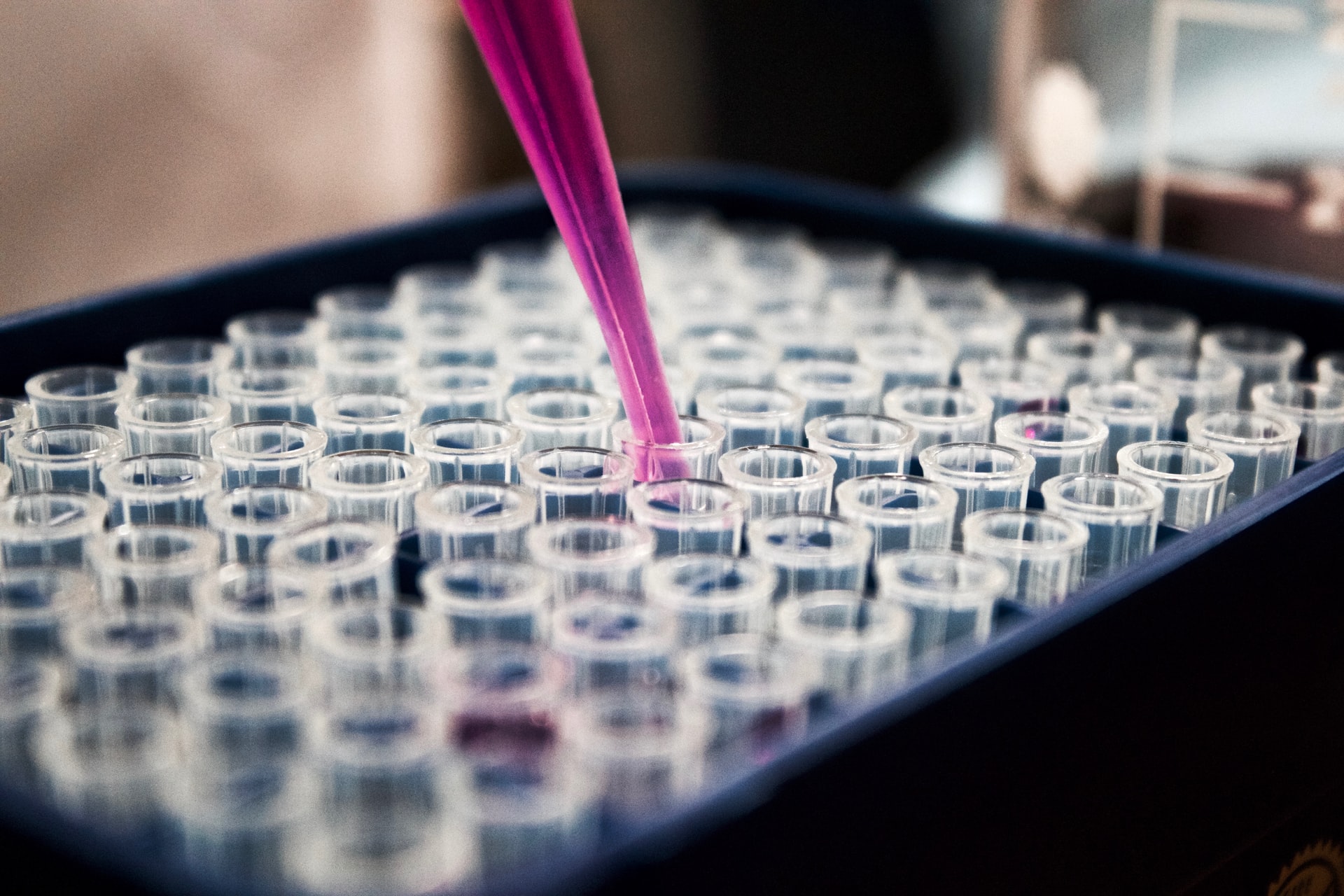London-based Automata, a biotech company that provides robotic automation solutions to the life sciences industry, announced on Tuesday that it has raised $50M (approx €44M) in its Series B round of funding.
This investment comes on the back of rapid growth for Automata, whose contribution to the life sciences sector has seen nearly a million tests conducted by scientists and clinicians in recent months.
The round was led by Octopus Ventures with participation from returning investors Hummingbird, Latitude Ventures, ABB Technology Ventures, and Isomer Capital, as well as strategic investors such as In-Q-Tel, among others.
Jess McCreadie, Principal, Healthtech at Octopus Ventures, says,
“Automata’s robotic capabilities are truly the first of its kind and the company has combined this with deep expertise in automation and a highly effective business model which has created a leading-edge over competitors. Automata Labs accelerates human ingenuity, empowering labs, and scientists, to achieve consistent results faster, on a greater scale, and to ultimately upscale their ambitions. We are excited for Automata’s next steps, both within the life sciences industry, and beyond.”
Capital utilisation
According to the company, the funds will help develop Automata Labs for scientists working across diagnostic, drug discovery and biotech, in the UK and other geographies.
Mostafa ElSayed, Automata’s CEO, says,
“I’m really excited at how this funding will take us on the next stage of our successful journey. At Automata we have always believed in the power of automation to support a variety of uses, especially when deployed at scale. For far too long scientists and clinicians have been having to work with overly complex lab solutions: equipment and software are disjointed and difficult to orchestrate, while solutions are often too rigid and inappropriate for labs with small geographic footprints. Our next-generation technology solves this.”
How was Automata born?
When Mostafa ElSayed and Suryansh Chandra, two architects from Zaha Hadid’s research lab, first approached robotics, their idea was to explore applications specific to architectural engineering. However, they soon discovered that modern automation wasn’t just unnecessarily complex – it was actively restricting innovation. And not just within their industry – within many others too.
It was clear that robotic automation was a field where their combined experience in computational research and design could make a real difference. Assembling a team of industry experts with an aim “to enable new opportunities for innovation with automation,” Automata was conceptualised.
“Accelerating the innovation evolution”
Founded in 2015, Automata helps life sciences rapidly innovate, diagnose, and discover at scale. The company believes that with its technology, life scientists can shorten turnaround times by scaling capacities, and spend more time on their analyses – which also leads to cost reductions.
Automata’s systems have been utilised by NHS pathology labs to help them meet diagnostic backlogs and upscale capacity – in one of these labs they are running 40 automated stations 24/7.
The company claims that scientists who have used Automata Labs report that they are able to achieve consistently accurate results faster, and on a larger scale, than before. Currently, Automata is also advising and deploying automation with contract research organisations, research labs, and leading blue-chip healthcare institutions.
Source:






Comments